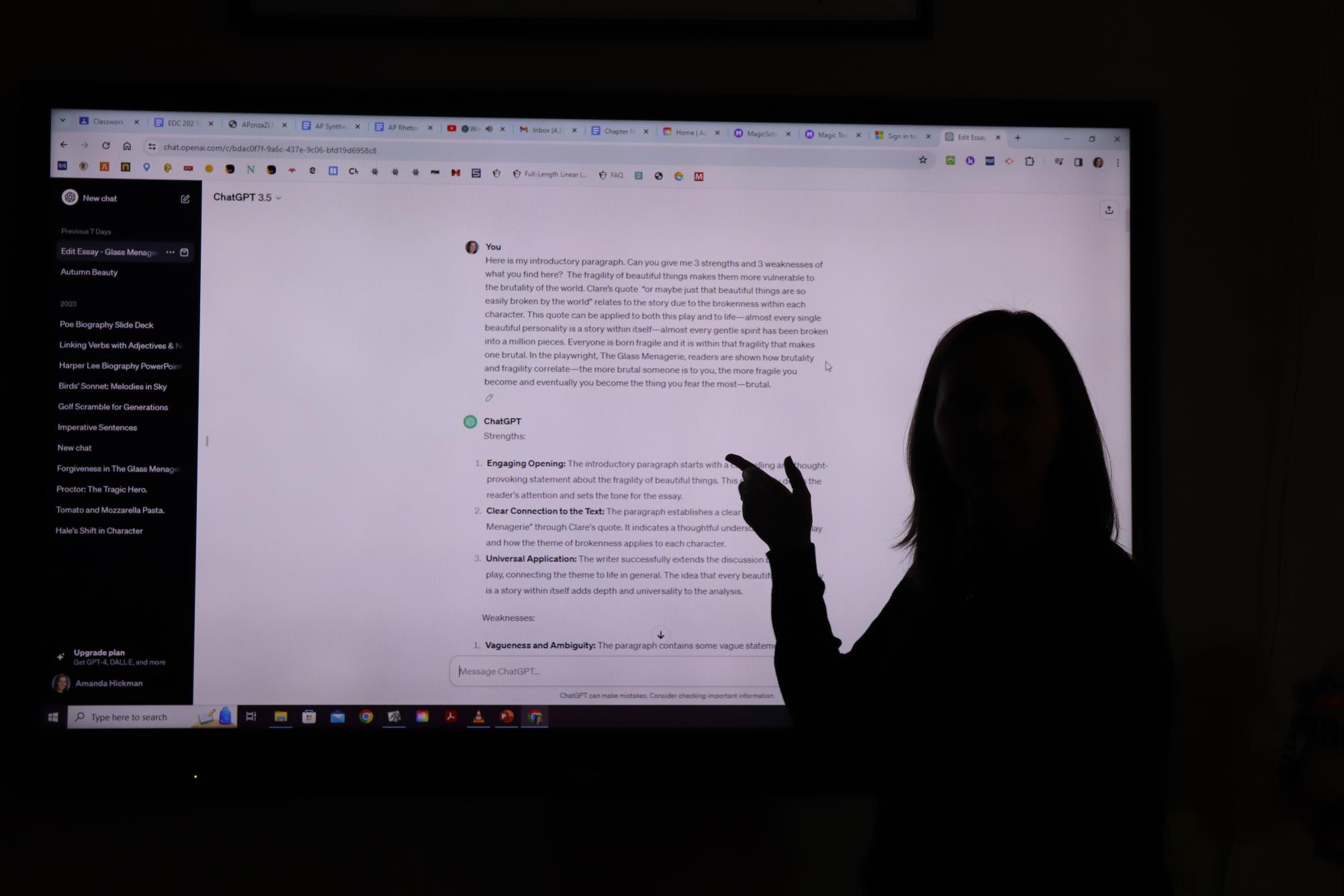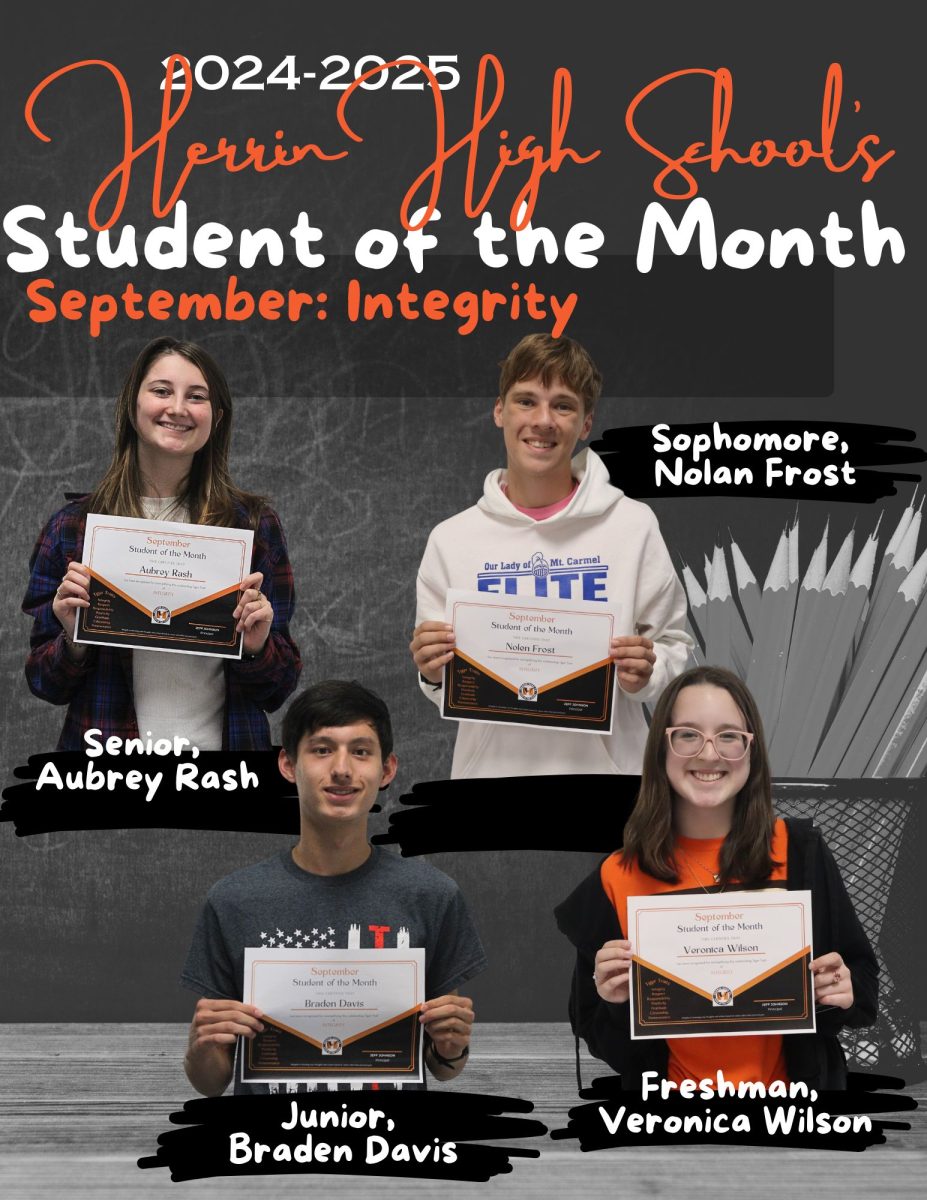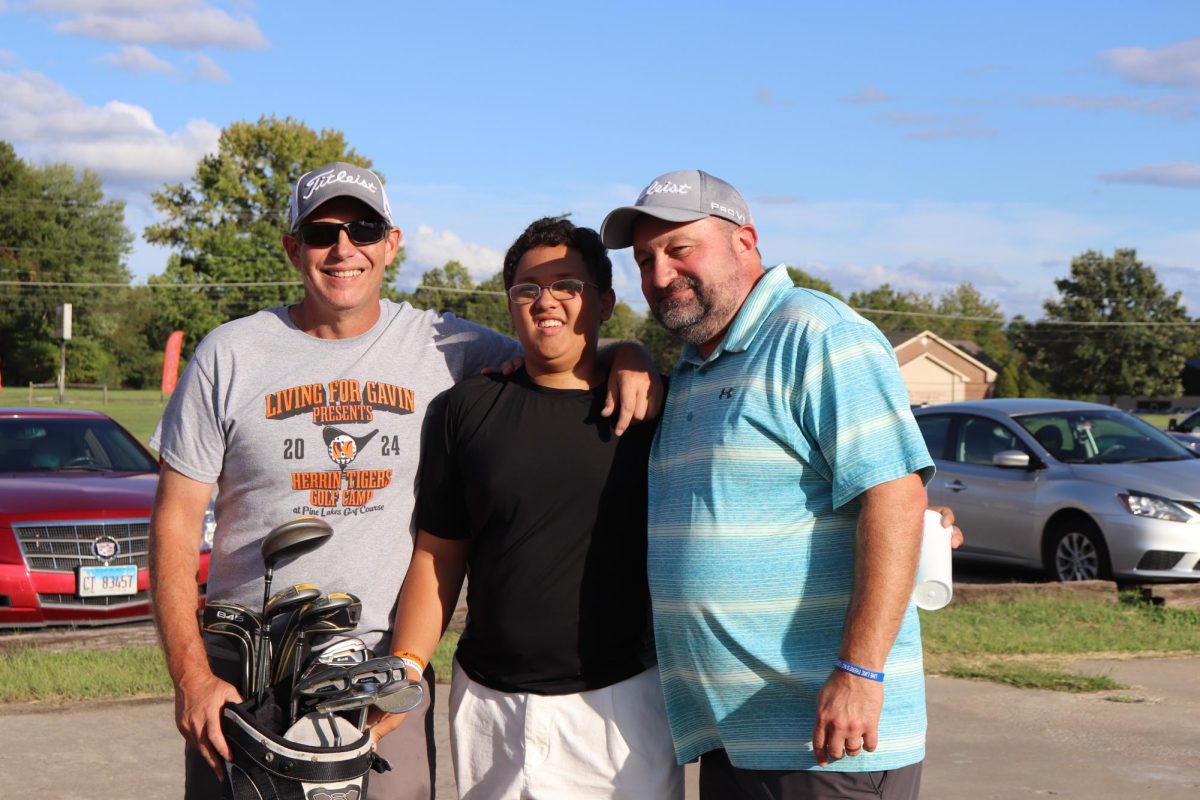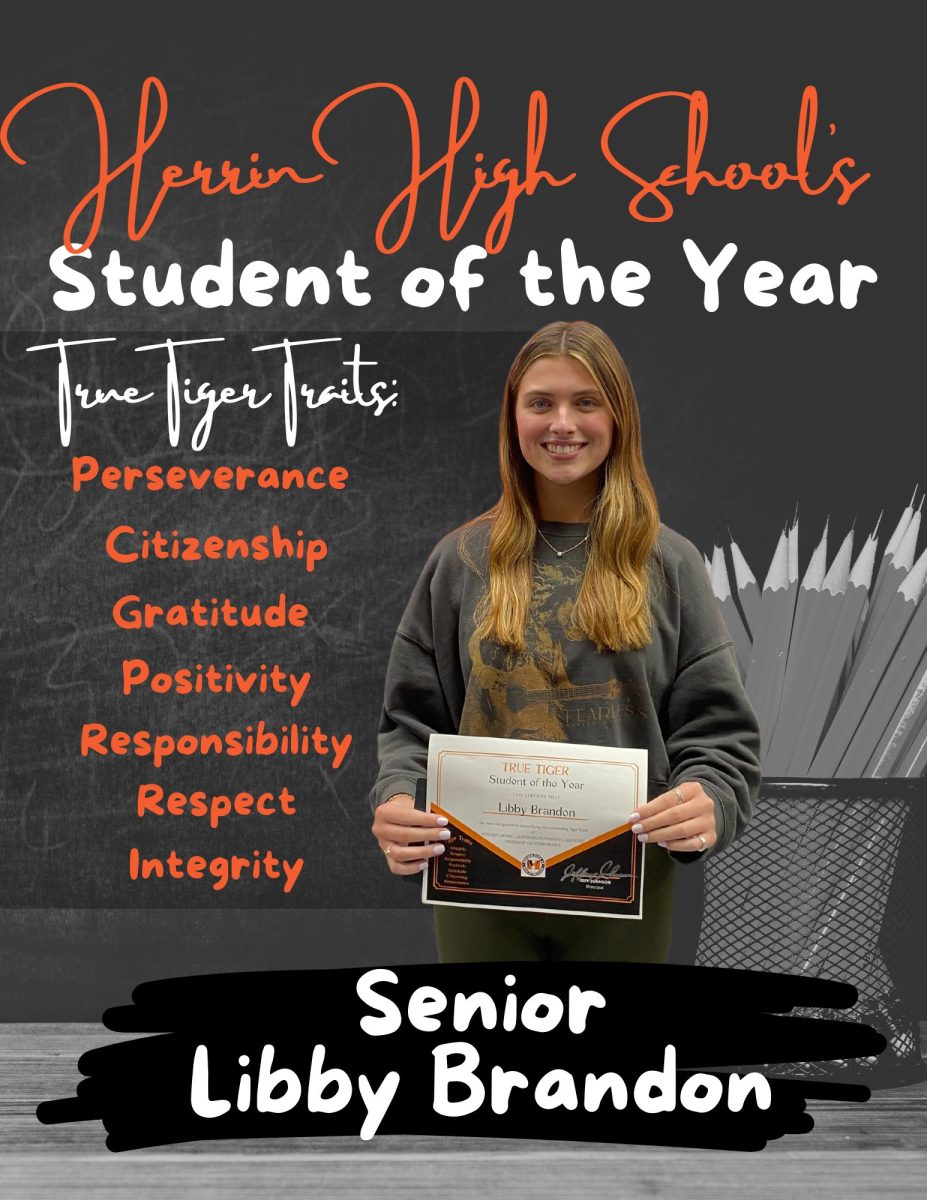For years, scientists have dreamed of a computer that can learn and create like the human mind. From the works of Alan Turing in the Second World War to the defeat of World Chess Champion Garry Kasparov by the American computer “Deep Blue,” that goal has been strived for.
The modern-day now sees the wide availability of Artificial Intelligence in everyday life. GPT (generative pre-trained transformer) systems and image generators are at our fingertips in an unprecedented fashion. Seeing the opportunities, many students have taken to using these systems in a plagiarizing manner. In response, many teachers and schools have taken measures to prevent the use of AI. In most cases, developers have found a way to turn artificial intelligence against itself through the use of AI checkers.
Through this discourse, some have taken a stand in support of AI, pointing out how it can be used as a tool when utilized correctly. Take a book report for instance. Someone may use ChatGPT to help them write their report by asking it to tell them how the general outline of a book report may go and editing it from there to create their outline.
Another person, however, might ask ChatGPT to write an essay for To Kill a Mockingbird and copy-paste the response to say it was their work—blatant plagiarism. That is why there’s so much controversy over if and how AI can be implemented in education.
To learn more about this question, a majority of the HHS English Department went to a conference in Florida. It was the biggest technological conference in the nation, with hundreds of sessions to attend and hundreds of vendors to buy from all stretching eight thousand square feet. It was mind-boggling. For instance, Ms. Goetting’s “brain was insanely overloaded, but the amount of available info was something like we do not have around here.”
Upon their return, HHS Journalists reached out to them for interviews. To begin, Ms. Amanda Hickman believes that, while AI has and can be used for problematic purposes, it can also be a very helpful tool for students to “polish their writing, provide inspiration for speaking points, and organize their thoughts.” Mr. Ewell, the HHS English Department Chair, expressed that the use of AI should never replace a student’s genuine knowledge. He continued with the thought that AI can be dangerous when relied upon too heavily, saying: “If you use that tool as a crutch, you’ll never become better.”
According to a survey taken with HHS students, of 119 responses 73.9% use AI regularly, though much less (about 21%) use it for educational purposes. Some students from the survey had thoughts to share as well. One anonymous student who, when asked if they felt AI had a place in education, said: “Yes and No…if it becomes popular with students and the AI does all the work, they won’t know how to do reports on their own and the connection between the writer and the report won’t connect and the writer won’t feel connected to the writing. However, I can see how AI can help students better understand the assignments if the teachers aren’t there to help.”
However, some students find themselves in blatantly negative positions about AI. When questioned on whether or not they wish to see a more AI-inclusive future, a majority of students were conflicted on the issue. In a group with one less student, the response was a direct “no.”
Though the question of AI has existed in human history for many years, it is clear it will only become more prominent in the future. Ms. Goetting expressed a turn of heart on the AI matter. She now has “embraced AI… instead of running from it.” Ms. Hickman, additionally, is confident that “human judgment is still necessary… it’s here to stay; this is not a fad.” So, artificial intelligence, though it presents many possibilities for ill-use, is a tool for students, creators, and teachers all over the world to use to their benefit.











